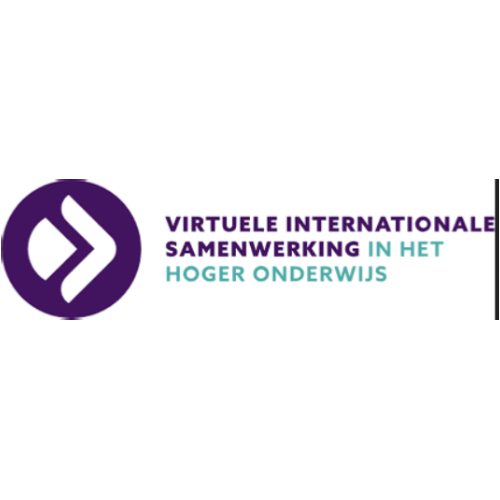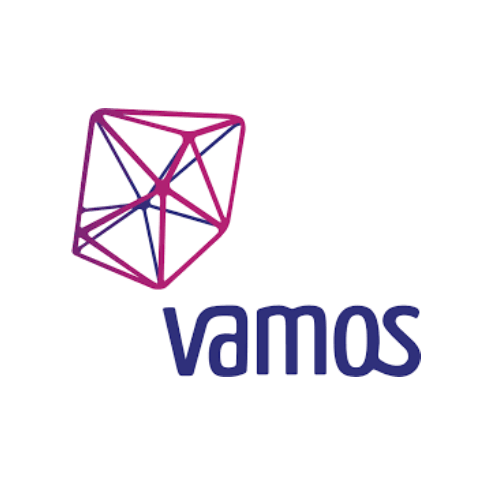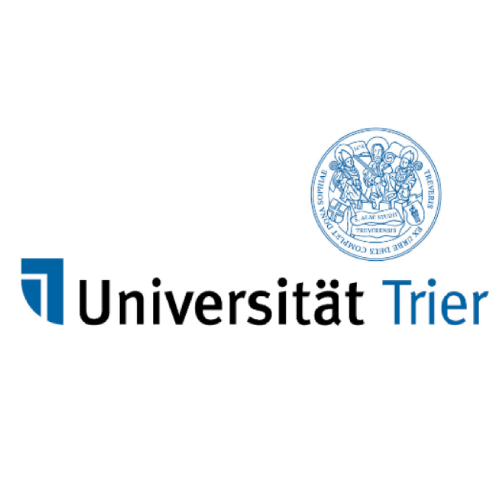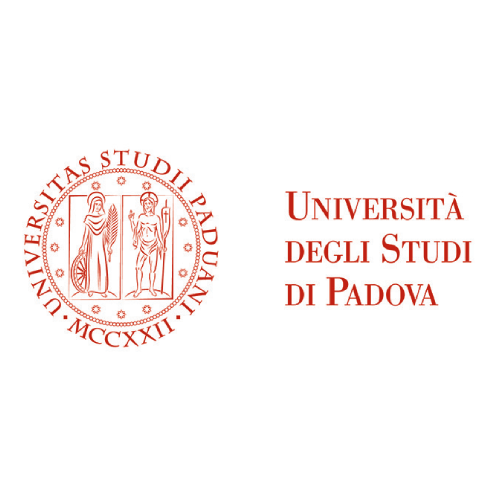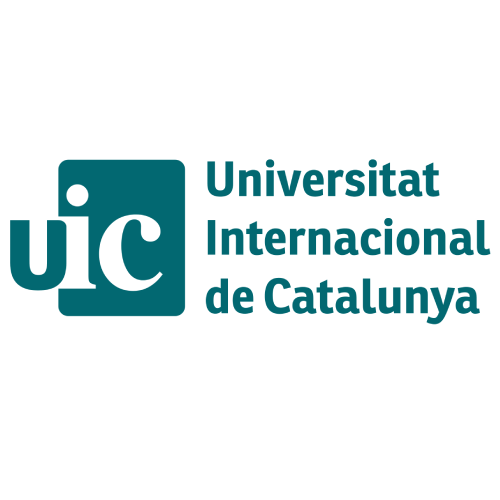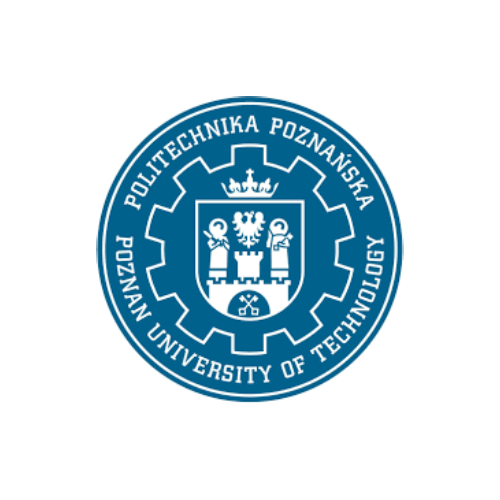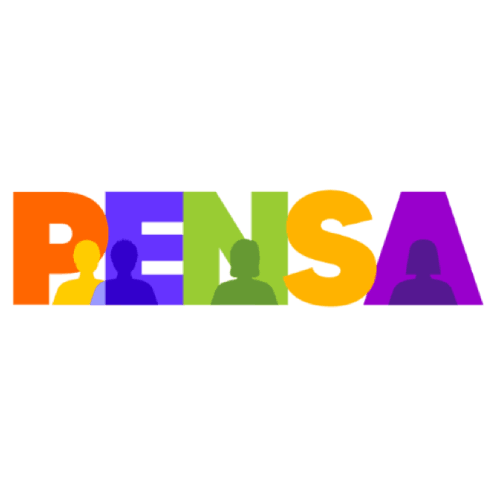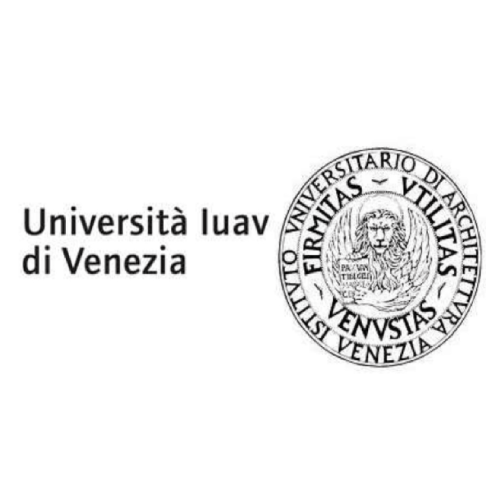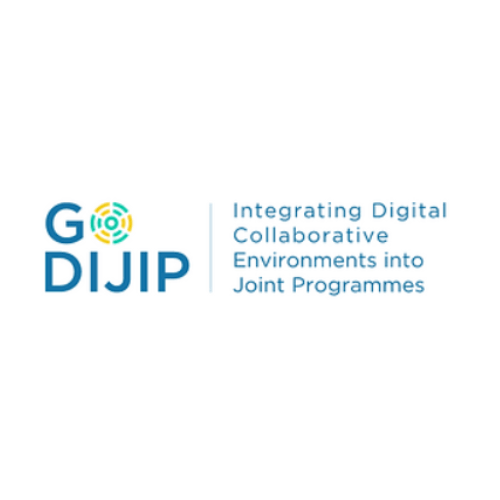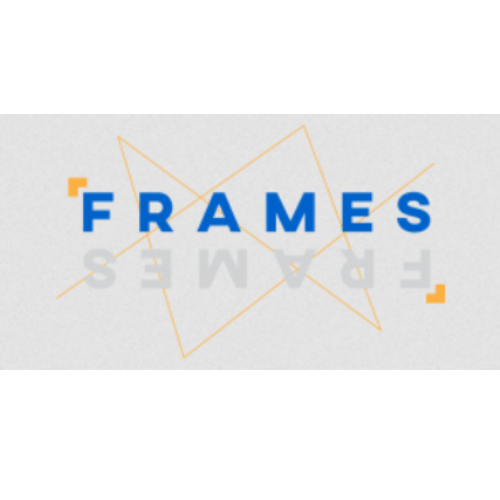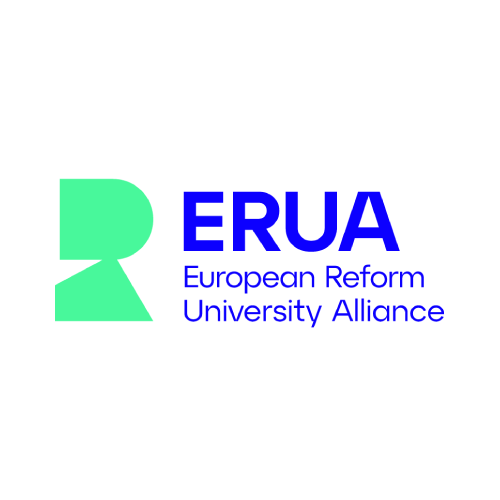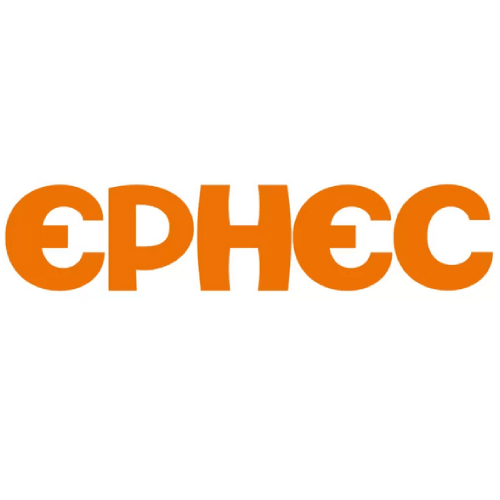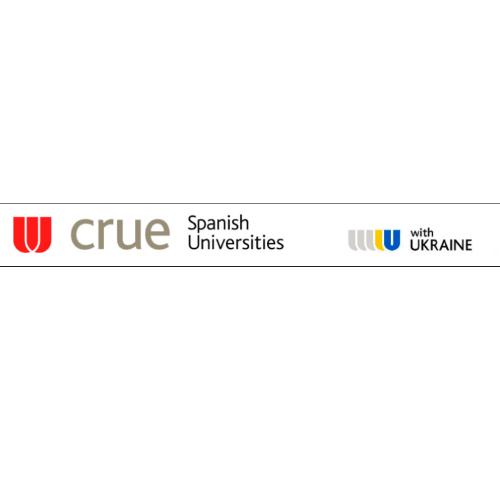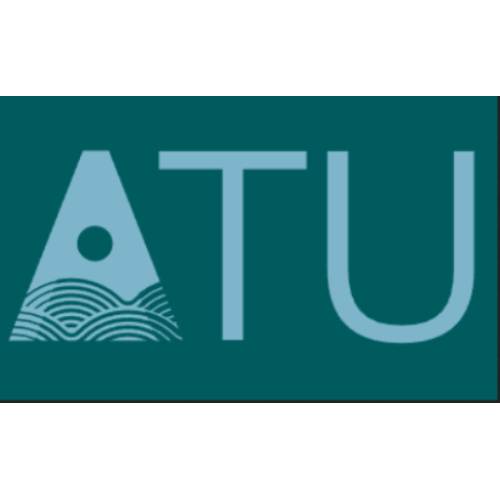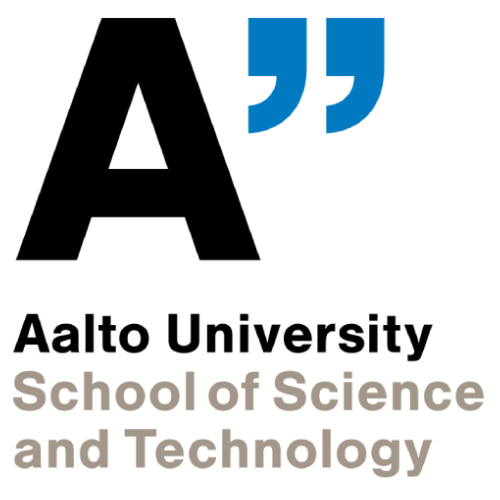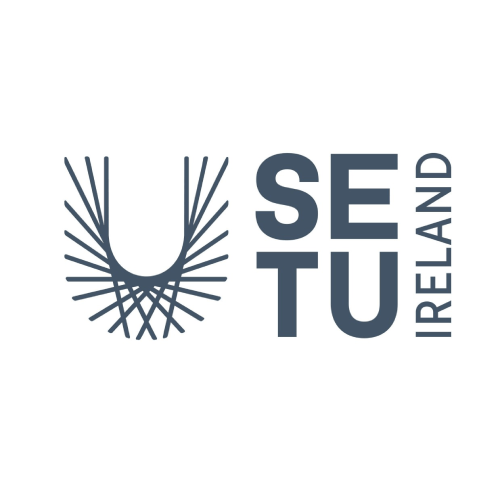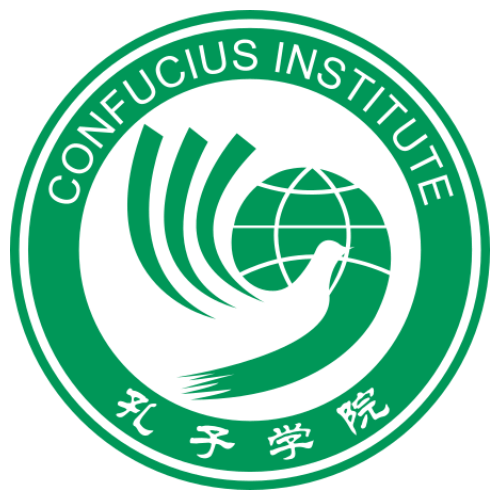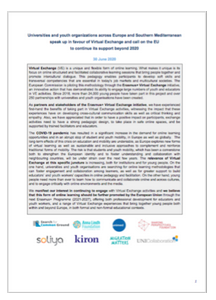UNICollaboration and Virtual Exchange
Welcome to UNICollaboration.org, the website of a cross-disciplinary professional organisation committed to promoting the development and integration of VE across ALL disciplines and interest areas in formal and non-formal educational settings, including Higher Education.
A small group of interested academics launched this non-for-profit at the Second Conference on Telecollaboration in Higher Education at Trinity College, Dublin in April 2016.
Our two main objectives are:
- To promote the development and integration of research and practice in telecollaboration and virtual exchange. We aim to enable this across all disciplines and subject areas in higher education and in formal and non-formal educational contexts
- To actively engage in awareness raising of telecollaboration and virtual exchange at institutional and policy making level
Through this site, we want to keep practitioners, researchers, policy makers and management informed of conferences, training opportunities, documents and policy developments relevant to our field of virtual exchange.
Join UNICollaboration
Join our organisation as an individual or institutional member to help us promote telecollaboration and virtual exchange practice and research. Help us promote further constructive policy development in this area.
For more information about membership and a registration form, visit our Join page.
Virtual Exchange and EU support beyond 2020
Virtual Exchange (VE) is a unique and flexible form of online learning. What makes it unique is its focus on online structured and facilitated collaborative learning sessions that bring people together and promote intercultural dialogue.
This pedagogy enables participants to develop soft skills and transversal competencies that are essential in today’s job markets and multicultural societies. The European Commission piloted this methodology through the Erasmus+ Virtual Exchange initiative. This proved to be an innovative action that demonstrated its ability to engage large numbers of youth and educators in VE activities. The project ran between 2018 and the end of 2020.
Since then, more than 24,000 young people have taken part in this programme with over 250 virtual partnerships between universities and youth organisations being created.
The education of the future
As partners and stakeholders of the Erasmus+ Virtual Exchange initiative, we have experienced first-hand the benefits of taking part in Virtual Exchange activities. We have witnessed the impact that these experiences have on developing cross-cultural communication skills as well as critical thinking, self-awareness and empathy.
Also, we have appreciated that in order to have a positive impact on participants, exchange activities need to have a strong pedagogic design. Moreover, they need to take place in safe online spaces, and be supported by trained facilitators and educators.
The COVID-19 pandemic resulted in a significant increase in the demand for online learning opportunities following the abrupt end to student and youth mobility. This was true both in Europe and globally. Despite the pick-up in physical mobilities since the winding down of restrictions caused by the pandemic, it remains undeniable that there are ongoing long-term effects on education. This has forced Europe and other countries to explore new forms of virtual learning. Not only, but also the impact of climate change means we all need to seek sustainable and inclusive innovative approaches aimed at complementing and reinforcing traditional forms of mobility.
The risk is that students and youth mobility – a cornerstone both to strengthen the European identity and to foster understanding and collaboration with neighbouring countries – will be under strain over the next few years.
The importance of Virtual Exchange
The relevance of Virtual Exchange at this specific juncture is increasing. This is true both for institutions and for young people. On the one hand, universities and youth organisations are searching for online learning methodologies that can foster engagement and collaboration among learners. But they are also seeking greater support to build educators’ and youth workers’ capacities in online pedagogy and facilitation.
Young people need more than ever to learn how to communicate and collaborate online and across cultures. And it’s imperative they are able to engage critically with online environments and the media.
We manifest our interest in continuing to engage with Virtual Exchange activities and we believe that this form of online learning should be further promoted by the European Union through the next Erasmus+ Programme (2021-2027). This would create professional development for educators and youth workers ensuring a range of Virtual Exchange experiences that bring together young people both within and beyond Europe.
We believe this is essential in both formal and non-formal educational contexts.
Download the full statement and the list of signatories:
What do students think about Virtual Exchange?
Take a look at the short clips below from our YouTube channel
What is Virtual Exchange?
What did you learn through Virtual Exchange?
How to approach a Virtual Exchange project – advice from a student
Our training clients
Below are some of the institutions we have worked with and undertaken bespoke virtual exchange training for
